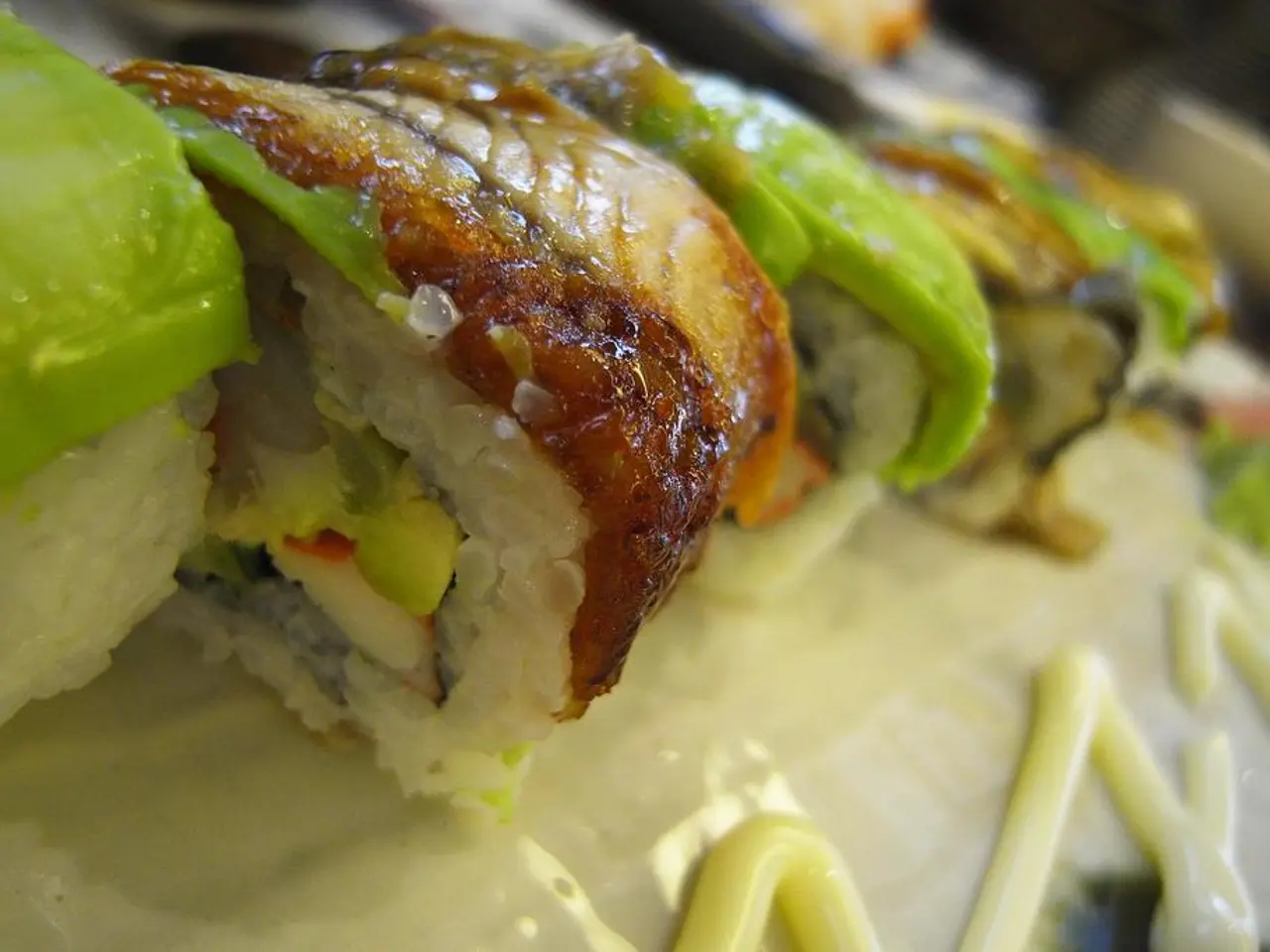Consuming sprouts: always ensure they're washed prior to consumption
In the world of health-conscious eating, sprouts have gained popularity for their nutritional benefits. However, it's essential to handle them with care to ensure they are safe for consumption. Here's a comprehensive guide on how to prepare and store sprouts, minimizing the risk of bacterial contamination.
First and foremost, choose quality seeds. Seeds specifically labelled for sprouting are cleaner and have undergone safety tests. Before soaking, rinse the seeds multiple times to remove dust and impurities, which can carry bacteria. Soak the seeds in cool water for the recommended time to encourage germination.
During the sprouting process, rinse seeds at least twice daily to prevent bacterial growth. Use clean jars, bowls, and hands when handling sprouts to avoid cross-contamination.
Once sprouts have formed, store them in the refrigerator to slow down bacterial growth. Use containers that allow for some airflow to prevent excessive moisture buildup, which can lead to spoilage. Sprouts generally last 3 to 5 days in the refrigerator. If you are not using them within this timeframe, consider freezing them or extending their life by storing them in water and changing the water every few days.
Additional safety measures include cooking sprouts before eating for those with compromised immune systems, and ensuring your refrigerator is at a safe temperature (usually below 40°F) to inhibit bacterial growth.
Remember, even "ready-to-eat" sprouts should be washed thoroughly before eating. Bacteria like salmonella can be found on sprouts, so it's especially important to wash them thoroughly. If sprouts don't look fresh or the packaging is bloated, they should be thrown away. High temperatures in a pan can kill the pathogens present in sprouts, making sautéing an effective method for killing bacteria.
The Consumer Protection Agency recommends mung bean sprouts for sautéing in Asian curries, while radish, beetroot, or alfalfa sprouts can be sautéed for salads. The seed for home-grown sprouts should be purchased from a specialized store. Hygiene rules apply to sprouts grown at home.
By following these guidelines, you can reduce the risk of bacterial contamination and enjoy the nutritional benefits of sprouts. After purchase, sprouts should be stored in the refrigerator and used as soon as possible. Sprouts are susceptible to disease-causing bacteria due to their warm, humid environment. With careful preparation and storage, you can enjoy the numerous benefits that sprouts offer.
- Other seeds specified for sprouting are cleaner and have undergone safety tests, providing an advantage for health-and-wellness focused individuals.
- To further reduce the risk of bacterial contamination, it is advisable to subject sprouts to a healthy-diet centered cooking method like sautéing, especially for those with compromised immune systems.
- A vital lifestyle practice when dealing with food-and-drink options like sprouts is washing them thoroughly, as bacteria like salmonella can be found even on "ready-to-eat" sprouts.







